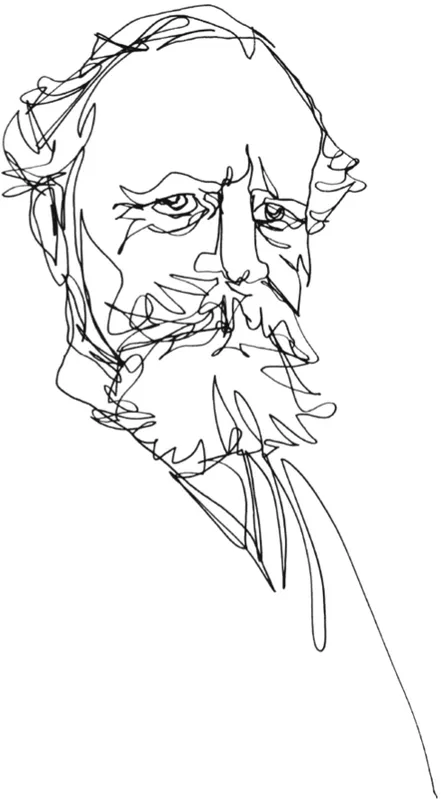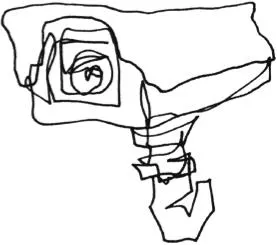
The Philosophy Foundation Provocations
Philosophy for Secondary school
- 216 pages
- English
- ePUB (mobile friendly)
- Available on iOS & Android
The Philosophy Foundation Provocations
Philosophy for Secondary school
About This Book
This book is ideal for teachers, whether they are P4C trained or just experimenting with philosophy. It will help teachers to present ideas and stimulate discussions which both accommodate and engage adolescent appetites. Are human beings flawed? Is murder an act of insanity or just plain thoughtlessness? Do we need a soul? From the fall of Icarus to the rise of Caesar this practical book draws upon history, philosophy and literature to provoke students to think, question and wonder. Divided into chapters on The World, Self, Society and Others, this resource for secondary school is written to give teachers the means to listen rather than teach and to allow the ideas and thoughts of students to form the centre of the lesson. It raises questions on the nature of evil, belief in God, slavery, consumerism, utopia, the limits of freedom, and a whole lot more. With a clear introductory outline on its use both in and out of the classroom, Provocations also contains tips and advice to help guide teachers to span the curriculum. Applicable to History, Geography, RS, Science, Art, English and Citizenship it offers teachers of all subjects the opportunity to introduce a student-centred approach to their lessons. There is also an extensive bibliography for those who wish to explore the topics in greater depth. Provocations is a set of philosophy sessions designed for secondary school and predicated on the pedagogical methods of The Philosophy Foundation. These sessions are mature, challenging and provocative, using history, literature, myth and the world today as their basis. Each session contains particular pedagogical tips and advice and suggestions as to how they can be effectively delivered
Frequently asked questions
Information
Self

Privacy







Table of contents
- Cover
- Title Page
- Acknowledgements
- Foreword
- Preface
- Contents
- Introduction
- World, ‘It’
- Self, ‘I’
- Society, ‘We’
- Others, ‘You’
- Appendices
- Further Reading
- Copyright